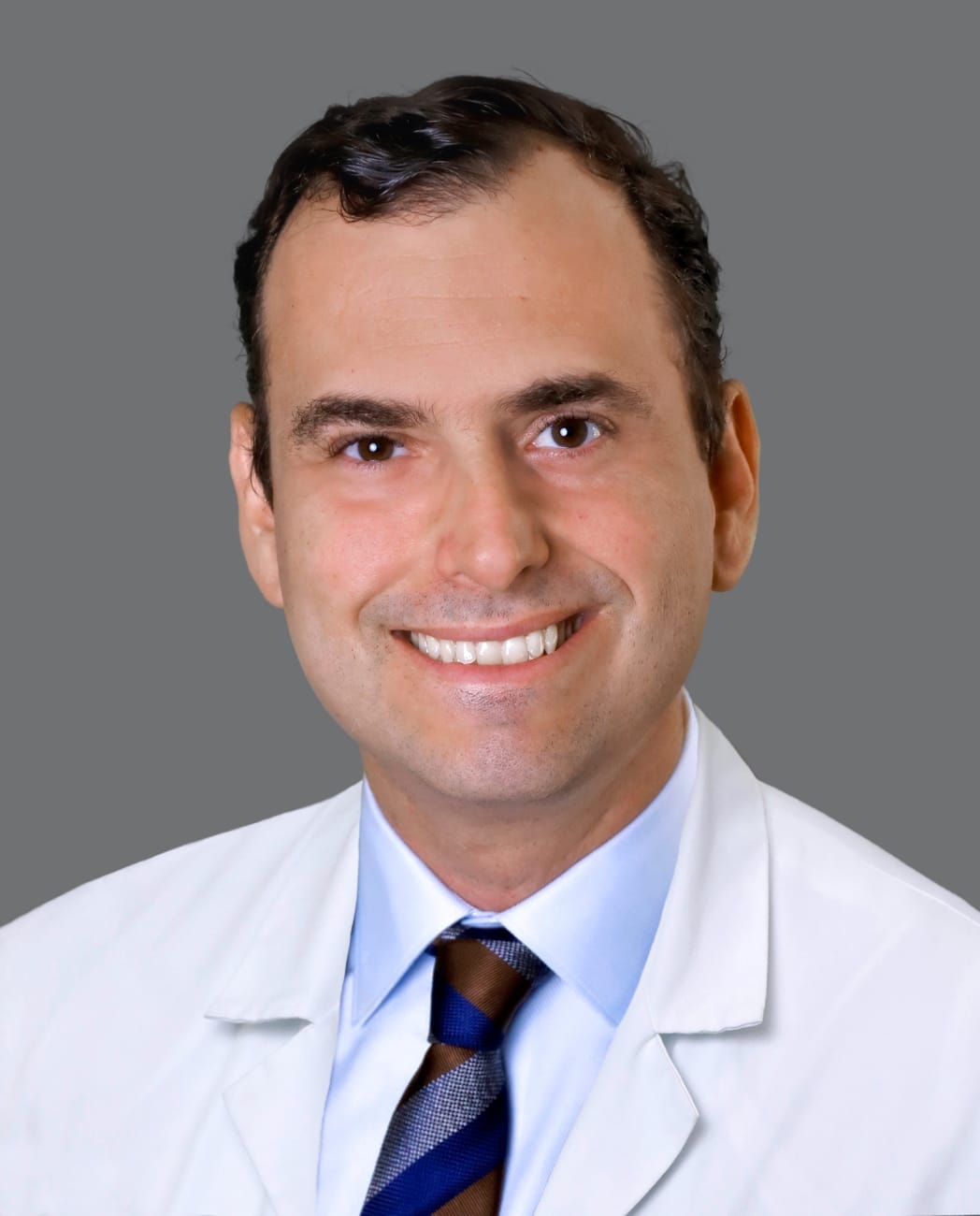

With cancer projected to become the leading cause of death worldwide – an increase to 21.6 million new cases per year is predicted by 2030 – leading cancer researchers and institutions from around the globe have endorsed a World Declaration for Research on Cancer. Their goal: continued advances in cancer research and progress towards the ultimate goal of defeating cancer.
The Declaration notes that cancer research to date has not only improved the quality of life of cancer patients by “preventing up to 50 percent of cancers,” it has also saved the lives of 50 percent of those diagnosed with the disease and led to the development of “less aggressive treatments of some tumors.”
One such patient to benefit from cancer research is Miami resident Oscar Izquierdo. Five years ago, at the age of 54, the former UPS driver and TSA worker had a lesion on his left shoulder that his dermatologist diagnosed as melanoma, a particularly aggressive and deadly type of skin cancer. His treatment at the time was successful but a couple of years later the melanoma returned with a vengeance.
(Watch now: On World Cancer Research Day, Oscar Izquierdo talks about his remarkable recovery from metastatic melanoma thanks to his enrollment in a clinical trial led by Bruno Bastos, M.D. at Baptist Health Miami Cancer Institute. Video by Plum Productions.)
Mr. Izquierdo says he experienced frequent bad headaches and dizzy spells and was downing Tylenol by the fistful. “Then one day, I woke up and I started losing my balance and I just fell to the floor, hitting my head on a kitchen cabinet,” recalls Mr. Izquierdo, who despite suffering a gash on his head still reported to his TSA job at the airport that morning.
“When I got there my colleague looked at me, told me I didn’t look well and insisted on calling 911,” Mr. Izquierdo says. “I had no idea how bad it was. The paramedics who came and treated me said I was in bad shape and they took me to the hospital. I was scared. I was scared for my life.”
At the hospital, a brain scan revealed that Mr. Izquierdo had metastatic melanoma. In other words, his melanoma had recurred. Even worse, it had now spread to his brain and other organs. His brother arranged for him to be treated treated at Baptist Health Miami Cancer Institute, where he underwent an aggressive schedule of radiation therapy and then systemic antineoplastic therapy.
Unfortunately, his melanoma became resistant to the systemic therapy with immunotherapy and targeted therapy and he was referred to the Multiple Tumor/Phase I Clinic at Miami Cancer Institute to discuss clinical trial options that could offer Mr. Izquierdo some much-needed hope.
Crossing the blood-brain barrier
“Mr. Izquierdo had already been treated with all the available standard of care treatments and when these treatments were no longer controlling his melanoma, he was referred to discuss clinical trial options to control and treat his disease,” says Bruno Bastos, M.D., medical oncologist with Miami Cancer Institute.

Bruno Bastos, M.D., medical oncologist with Miami Cancer Institute
Treating metastatic tumors in the brain has always been a challenge, according to Dr. Bastos. Most systemic cancer treatments available do not penetrate the brain because of something called the blood-brain barrier, which he says protects your brain from any sort of toxic chemicals that may penetrate your body.
“In order to penetrate that barrier and treat brain tumors intracranially, the therapeutic agent must cross the blood-brain barrier,” Dr. Bastos says. “Fortunately for Mr. Izquierdo, the experimental treatment was able to control the disease not only systemically but also intracranially.”
In addition, Mr. Izquierdo’s imaging studies have been negative for any metabolic activity of his melanoma in the past five years, which Dr. Bastos says is very good news. “We continue to monitor him very closely while he is on the clinical trial” he says. “And we hope to continue to see him for a very long time, with his disease under control.”
As for Mr. Izquierdo, he’s happy to be around for another year and looks forward to celebrating his 60th birthday with his family next year. “I think I’m treated like a celebrity here at Miami Cancer Institute sometimes because of the progress I have made,” he says with a smile. “They’ve thrown parties for me on my birthday and on my anniversary of being a patient here.”
He says that he would recommend Miami Cancer Institute without hesitation. “They have good doctors here who know what they’re doing. And you feel like they’re taking care of you as a person – not just another patient. And honestly, that’s why I feel better being treated here than anywhere else.”
The crucial role of clinical trials
Dr. Bastos points to his patient’s successful outcome as a perfect example of the crucial role research plays in the diagnosis and treatment of cancer – especially for patients like Mr. Izquierdo who have run out of treatment options.
“Many times, patients may have exhausted all available treatments in the standard of care approach,” Dr. Bastos notes. “A clinical trial may provide them access to a promising treatment that hopefully may offer good clinical control of the disease. In addition, patients understand that when participating in a clinical trial, they are helping advance science.”
Dr. Bastos adds that this is a “very hopeful time” in oncology in general and for researchers at Miami Cancer Institute in particular. “We have many phase one, phase two and phase three clinical trials available here so that patients can have access to novel therapies that are not yet approved and may be very helpful in the future.”

